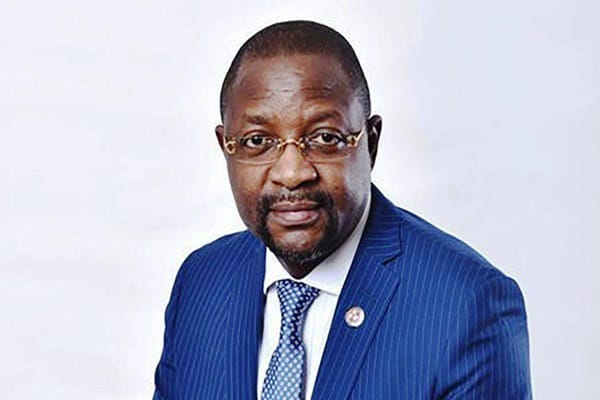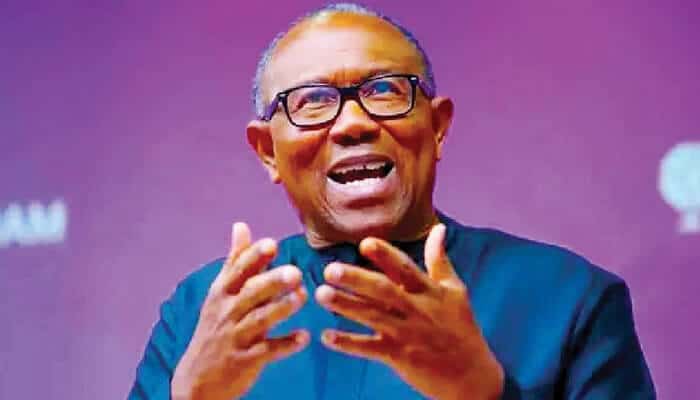The Presidency has rejected what it described as exaggerated portrayals of Nigeria’s economic situation by alarmists and critics, insisting that the country is making steady progress in overcoming current challenges.
In a statement issued by the Special Adviser to the President on Media and Public Communications, Sunday Dare, the government said contrary to the “unbalanced” depiction of widespread hunger and helplessness in a recent newspaper editorial, President Bola Ahmed Tinubu’s administration is taking targeted measures to rebuild the economy.
Dare stressed that while economic hardship is real, the policies being implemented are designed to ensure long-term stability and prosperity, reversing years of what he called “consumption without productivity, opacity without accountability, and policy that served the powerful, not the people.”
He criticised those who claim that “Nigerians are hungry” without acknowledging ongoing interventions. He also addressed concerns raised over a recent warning that 33 million Nigerians, including 16 million children, could face hunger this year. According to him, the figure was not a UNICEF-specific report but a projection from the Cadre Harmonisé Food and Nutrition Insecurity Analysis — a joint effort by the Federal Government, the Food and Agriculture Organisation (FAO), the World Food Programme (WFP), and UNICEF.
The presidential aide explained that the projection refers to a worst-case scenario for the June–August 2025 lean season and assumes no government or partner intervention. He said such measures are already underway, including the release of over 42,000 metric tonnes of grains from the federal strategic reserves, procurement of an additional 117,000 metric tonnes, reactivation of the Food Security Council, and the scaling up of emergency nutrition support in Borno, Yobe, Adamawa, Katsina, Sokoto, and Bauchi states.
Dare cautioned against framing malnutrition as a “Northern Nigeria” issue, noting that hardship varies across regions but requires a unified national response. “Nigeria is one country, one people, and the fight against hunger is a collective effort, not a northern, southern, Christian, or Muslim issue,” he said.
He also placed Nigeria’s food security challenges within a global context, pointing to disruptions in the global food system caused by the COVID-19 pandemic, the Russia-Ukraine war, and more recently, the conflict in the Middle East. Citing the World Bank’s April 2025 Food Security Update, he said over 1.4 billion people worldwide are currently facing food stress.
The Presidency maintained that the government’s economic reforms are already yielding results and urged critics to assess policies in light of the administration’s broader recovery plan. It pledged continued transparency and responsiveness in addressing both short-term hardships and long-term development goals.





